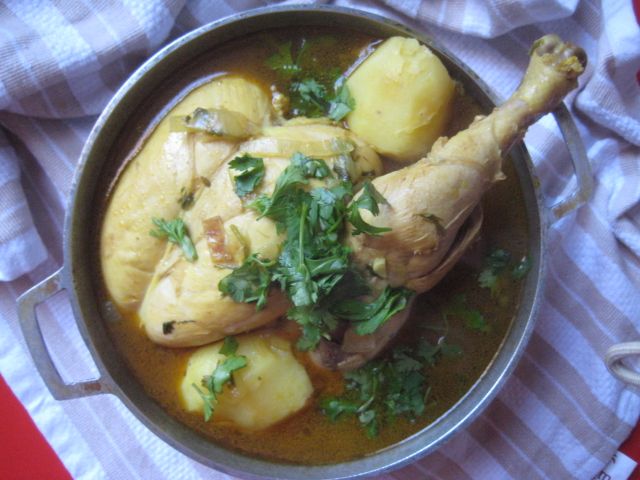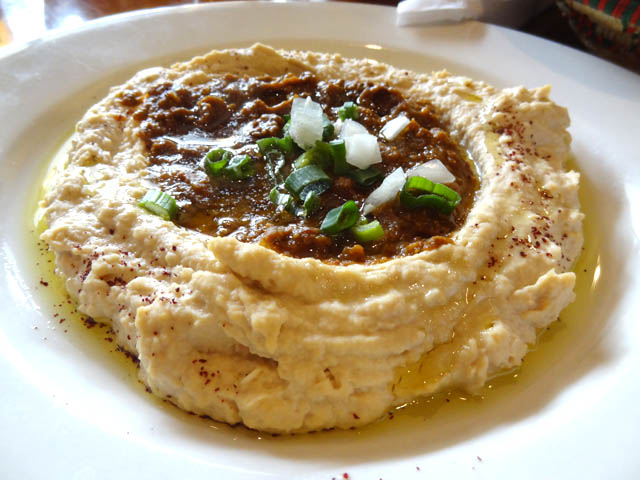Yemeni cuisine is a tantalizing blend of spices and flavors that can transform any dish into an aromatic masterpiece. With its rich history and diverse influences, Yemeni cooking is renowned for its use of a variety of spices that create depth and complexity. In this blog post, we’ll explore essential Yemeni spices, their unique characteristics, and how you can use them to spice up your own meals.
1. Cumin (Hirseh)
Cumin is a cornerstone of Yemeni cuisine, adding a warm, earthy flavor with a hint of citrus. In Yemen, cumin is used in many dishes, from hearty stews to spiced rice dishes like Mandi. The seeds can be toasted to enhance their flavor before being ground into a powder.
How to Use Cumin:
- In Stews and Soups: Add a teaspoon of ground cumin to stews like Salta to deepen the flavor.
- In Rice Dishes: Mix ground cumin into rice dishes such as Mandi or Kabsa for a warm, aromatic touch.
- In Marinades: Combine cumin with other spices to create a flavorful marinade for meats and vegetables.
2. Coriander (Kuzbara)
Coriander seeds have a slightly citrusy, sweet flavor with a hint of nuttiness. In Yemeni cuisine, coriander is used both as seeds and ground into a powder. It’s a key ingredient in spice blends and lends a refreshing quality to dishes.
How to Use Coriander:
- In Spice Blends: Coriander is a crucial component of spice blends like Hawaij. Blend it with other spices to season meats and vegetables.
- In Soups and Stews: Add ground coriander to soups such as Salta for a bright, aromatic flavor.
- In Marinades: Use crushed coriander seeds in marinades to impart a unique flavor to grilled meats.
3. Fenugreek (Helba)
Fenugreek seeds have a slightly bitter taste with a hint of sweetness and a complex, nutty flavor. They are commonly used in Yemeni dishes to add depth and richness. Fenugreek can be used whole or ground, depending on the recipe.
How to Use Fenugreek:
- In Spice Blends: Incorporate fenugreek into spice blends like Hawaij for a distinctive flavor profile.
- In Stews: Add a small amount of ground fenugreek to stews for a subtle, earthy flavor.
- In Bread: Mix fenugreek seeds into dough for a unique twist on traditional bread.
4. Cardamom (Hail)
Cardamom is a fragrant spice with a sweet, floral flavor that adds complexity to Yemeni dishes. In Yemen, cardamom is often used in both savory dishes and desserts. The pods are usually crushed to release their essential oils.
How to Use Cardamom:
- In Rice Dishes: Add a few crushed cardamom pods to rice dishes like Mandi for a fragrant aroma.
- In Desserts: Use ground cardamom in desserts such as Bint Al-Sahn (honey cake) for a touch of sweetness and complexity.
- In Coffee: Infuse your coffee with crushed cardamom pods for a traditional Yemeni touch.
5. Black Lime (Loomi)
Black lime, also known as dried lime, has a tangy, sour flavor with a hint of smokiness. It is a distinctive ingredient in Yemeni cuisine, often used to add a unique acidity to dishes. Black lime can be used whole or ground.
How to Use Black Lime:
- In Stews: Crush black limes and add them to stews and soups for a tangy, citrusy flavor.
- In Rice Dishes: Incorporate ground black lime into rice dishes for a zesty twist.
- In Marinades: Use black lime powder in marinades to add a tangy, smoky note.
6. Turmeric (Kurkum)
Turmeric is known for its vibrant yellow color and earthy, slightly bitter flavor. It’s used in Yemeni cuisine to add color and depth to dishes. Turmeric is often combined with other spices in blends like Hawaij.
How to Use Turmeric:
- In Rice Dishes: Add a teaspoon of turmeric to rice dishes for a beautiful golden color and subtle flavor.
- In Stews and Soups: Incorporate turmeric into stews and soups for an earthy undertone.
- In Marinades: Mix turmeric with other spices to create a flavorful marinade for meats and vegetables.

7. Paprika (Felfel)
Paprika adds a mild, sweet flavor with a touch of smokiness. It’s often used in Yemeni cuisine to season meats and vegetables. Paprika can vary in heat, so choose the type that best suits your taste preferences.
How to Use Paprika:
- In Spice Blends: Include paprika in spice blends for an extra layer of flavor.
- In Meat Dishes: Sprinkle paprika on meats before grilling or roasting to enhance their flavor.
- In Vegetables: Use paprika to season roasted or sautéed vegetables for a mild, smoky taste.
Tips for Using Yemeni Spices:
- Start Small: Yemeni spices can be potent, so start with small amounts and adjust to taste.
- Toast Spices: Toasting whole spices before grinding them can enhance their flavor and aroma.
- Experiment: Don’t be afraid to experiment with different spice combinations to find what works best for your palate.
- Store Properly: Keep spices in airtight containers away from light and heat to maintain their freshness.
Conclusion
Incorporating Yemeni spices into your cooking can elevate your meals with vibrant flavors and aromatic complexity. By experimenting with cumin, coriander, fenugreek, cardamom, black lime, turmeric, and paprika, you can bring a touch of Yemeni cuisine to your kitchen. Whether you’re preparing a hearty stew, a fragrant rice dish, or a flavorful marinade, these spices will add depth and excitement to your culinary creations. Happy cooking! Come and check their page to find more tips and useful Yemen recipes.





